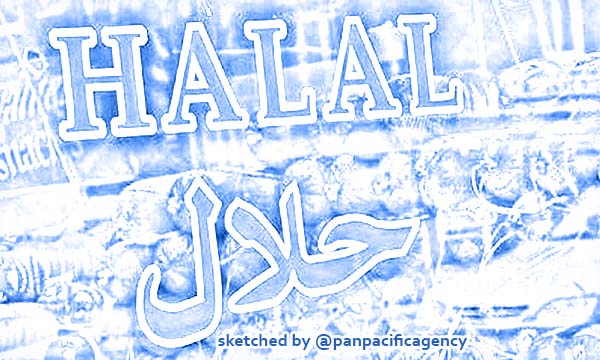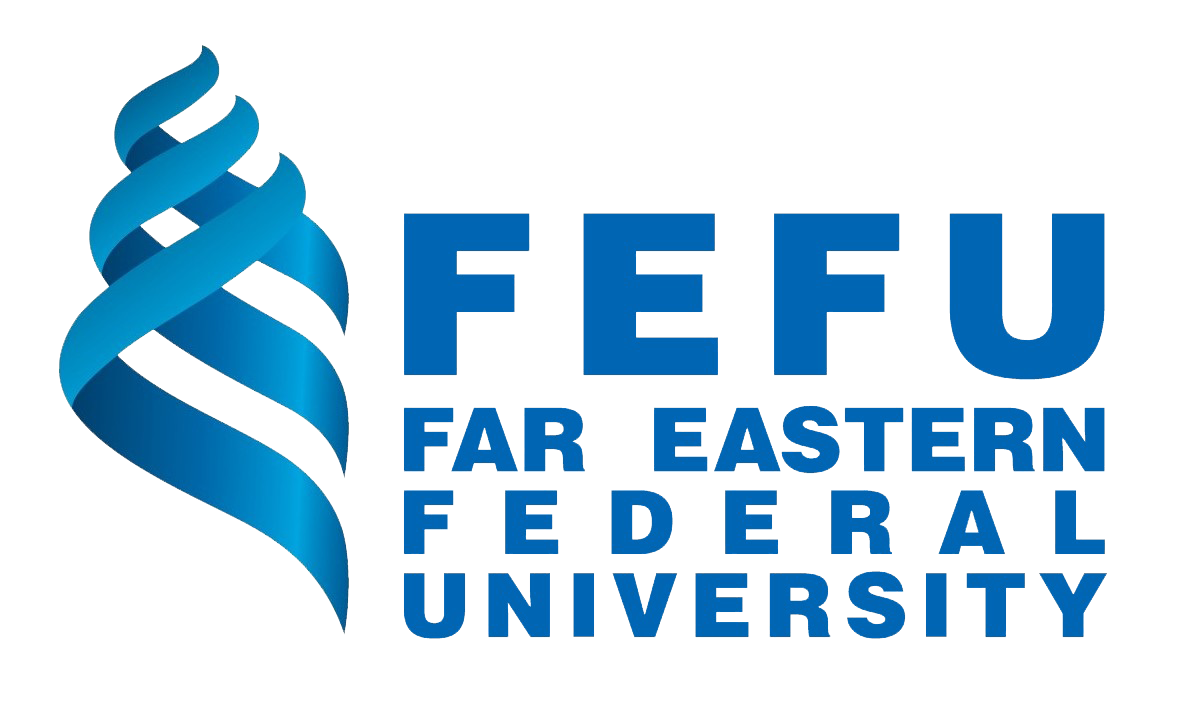[Analytics] Halal food market in the Asia Pacific is rising

Leader of a Chinese delegation Zhu Maa has shown interest in investing in Halal meat industry in Pakistan and exporting it to China and Middle Eastern countries. Photo: AP. Sketched by the Pan Pacific Agency.
In cooperation with the FEFU Center of Expertise and Analysis (CES)

At the beginning of the XXI century, Islam as one of the world’s major religions attracts considerable attention both as an alternative to globalist secular projects and as a standpoint on competition between different worldviews and lifestyles. As a clear and systematic concept of spiritual daily practices for Muslims, Islam guides the lives of both an individual and a community of believers (ummah) at all civilizational levels. There are about 1.8 billion Muslims in the world and about 24% of them live in the Asia-Pacific region as of 2019. The number of those who follow Islam as their faith will reach 2.76 billion persons by 2050 according to some estimates. Ksenia Darmaeva, Dmitry Shelest specially for the Pan Pacific Agency.
It is not surprising that contemporary lifestyles of the Muslim population are studied both politically and economically. The markets of halal products are now studied by economists. There are everyday goods available on the market that comply with the requirements and norms of Islam. Halal is gradually becoming an element of regional and global markets due to the growth of the Muslim community throughout the world. The popularity of these products as a kind of brand was also influenced by the Western corporations, which now to produce and market their products on a global scale.
Such international players as Nestle, KFC, McDonalds, and others have long been expanding their product range in the halal product line. According to the data from the 11th World Halal Conference that was held in 2019, Muslims have the following expenditures in different sectors of the economy: food and drinks – $1.3 trillion, fashion industry – $270 billion, media and entertainment – $209 billion, tourism – $177 billion, pharmaceuticals – $87 billion, and cosmetics – $61 billion. According to The State of the Global Islamic Economy Report 2018/19 estimates for 2023, the capacity of the global overall market of the Muslim population of the world will increase to $3 trillion.
Today, halal market offers a wide range of manufactured products. However, halal restrictions not only cover the diet of the Muslims in accordance with the Fifth Surah (Al-Ma’ida) of Qur’an, but also imposes other prohibitions in accordance with the Quranic regulations in all areas of the Muslim life. Essentially, halal restrictions relate to the orientation of believers in their daily lives ranging from food consumption to their financial expenditures, establishing an opposition between halal and haram (indecency). It is not surprising that religious precepts are now to being reviewed from the economic perspective. Suffice it to say that only halal tourism market at the beginning of 2019 has reached the value of $300 billion.
In the Asia Pacific, a significant portion of the Muslim population lives in Indonesia, China, Malaysia, Brunei, and Thailand. All other countries of the Asia-Pacific region also have visible Islamic minorities. At the same time, the region has the fastest growth of the Muslim population, which, according to some estimates, will reach 1.3 billion people or 59.2% of all Islamic followers in the world by 2030. Indonesia, which has a population of 260 million people and which in absolute and relative terms is one of the countries with the largest Muslim population, imports halal food and drinks at a rate of $169.7 billion per annum. State of the Global Islamic Economy Report 2017-2018 shows that the potential of halal industry alone in Indonesia has reached $ 2.0 billion in 2016 and is projected to reach $ 3.1 billion by 2022.
In 2016, Nippon Express Co., a global Japanese logistics company has announced its intention to enter the markets of Muslim communities by adapting its certification of goods in accordance with the requirements of Islam. The next year, representatives of the United Arab Emirates opened the Emirates Halal Center in Japan. With the opening of the Center, Japanese companies were able to certify their products in accordance with the halal requirements, which allows them to export them to the UAE and other Islamic countries. Nippon Express is now certified by the Japan Halal Association for storage and distribution of products throughout Japan. Today Japan has several associations that offer certification that meets Qur’anic requirements. Most of the large and small companies in this market belong to different communities of organizations such as the Japan Halal Unit Association, Japan Halal Association, and Japan Asia Halal Association, etc. Halal demand in Japan is further promoted by the upcoming global event, the 2020 Summer Olympic and Paralympic Games.
Another country, Malaysia, plans to expand its export of halal products to $11.5 billion by 2020. Halal Industry Development Corporation (HDC), operating under the Ministry of International Trade and Industry of Malaysia, aims to increase the country’s export growth. Jamil Bidin, Chief Executive Officer of Datuk Seri Corp. notes that increased exports have a positive effect on the global business growth. He also emphasized that despite the general economic downturn, the demand for halal food and drinks remains high. In particular, plans were announced to expand activities in Asia and Africa along with the expansion of cooperation with Japan. Malaysia also has a halal compliance monitoring organization, a Department of Islamic Development Malaysia (JAKIM). Before JAKIM was established in 1997, there were no rules on halal compliance. JAKIM ensures that the products it certifies comply with halal regulations and are made using a specialized technology. Malaysia is the only country that has a policy to apply sanctions to anyone who indicates the false status of halal products.
A different situation has developed in China. Since 2016, the Chinese government has established a policy that imposes restrictions on halal practices. Initially, these measures were preventive in their nature. The highest level of the restrictions has manifested itself as a ban on production of halal products in the Xinjiang Uygur Autonomous Region in North-Western part China with predominantly Muslim population of Uyghurs. The ban was meant to stop the spreading of the separatist groups among the Muslim population. The banning process has also included ordinary citizens who on in their social networks actively discuss policies that counter the spreading of halal practices as an Islamic tradition.
In Russia, the prospects for the development of the halal food industry were thoroughly discussed at the International Economic Summit Russia – Islamic World also known as KazanSummit that was held in April 2019. The purpose of the Summit it to expand economic and trade relations of Tatarstan with other provinces of Russia by ways of introducing a halal economy practices. Despite the potential for exporting Russian halal products to other countries, experts agree that the market remains underdeveloped and uneven although it is noted that the potential for growth and business involvement in production is high. The most developed halal production locations in the country are central Russia, the Caucasus, while the situation remains quite the opposite in the Russian Far East and Siberia.
Russian regions have promising opportunities for the development of halal production, however, problems with logistics and supply chains can significantly slow down this process. It is worth mentioning that in the Russian Far East, and in particular in Primorsky Krai Province, there are stores and cafés selling halal products.
In general, it should be summarized that halal is a rapidly developing phenomenon in the Asia-Pacific region. Standards for the halal industry are being improved while the production and the market coverage are rapidly expanding. Halal practices find their ways not only in food production, but also in other areas.
Ksenia Darmaeva is an Expert at the FEFU CEA, Dmitry Shelest is a Deputy Director at the FEFU CEA
English editing by Ivan Pisarev.